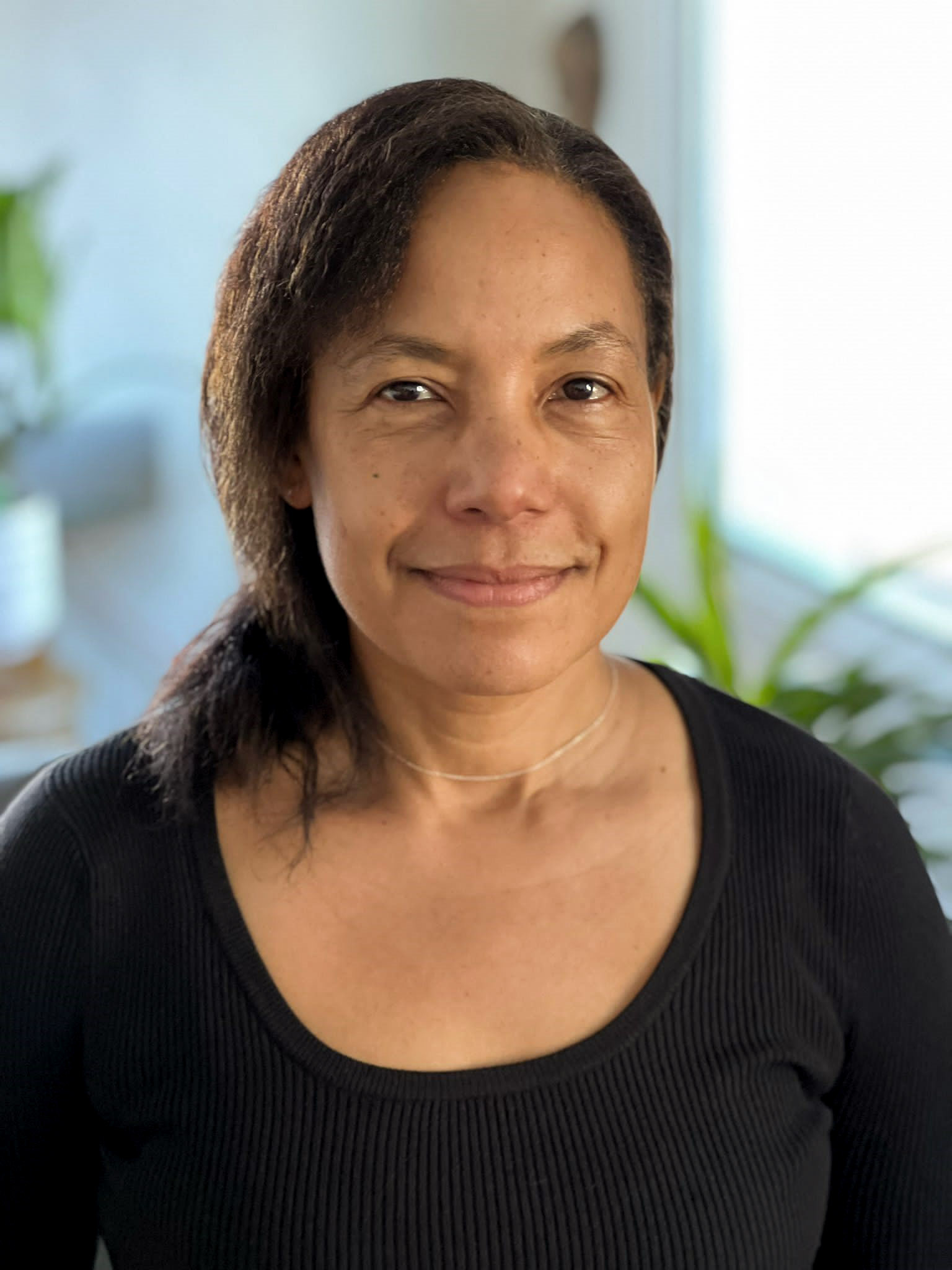Helping cities build community
Owiso Makuku, MArch ’99, MCP ’99

Owiso Makuku, MArch ’99, MCP ’99, knows what it means to stand out. Opinionated, driven, and half Kenyan, half Jewish, Makuku has long navigated spaces where she’s pegged as different or unconventional—especially once she began working in executive roles traditionally filled by white men. But drawing on her MIT training, she has made a career of exploring how use of space in cities can create collective feelings of belonging.
After working in cities in Massachusetts, New York, and Michigan, Makuku, a native New Yorker, is now CEO of the development organization Main Street Landing in Burlington, Vermont—not far from her undergraduate alma mater, Middlebury College.
As she grew up, Makuku had been struck by the impact of housing disparities in her community. After two post-college years in the Peace Corps, she sought to engage more deeply with that issue at MIT, where she found a program that prompted her to consider houses not just as buildings but as places—and to think about how to turn groups of those places into communities. So she graduated with a master’s in city planning as well as one in architecture. At MIT, she says, she learned not to “just come up with a design and stick it in the site.” Instead, plans should be informed by the site and seek to improve it.
Makuku was working in Essex, Vermont, in 2020 when the covid-19 pandemic and the murder of George Floyd by police officers in Minneapolis gave new meaning to the question of how cities can promote belonging. She took that question with her in February 2022 when she accepted the role of CEO at Main Street Landing, one of the main players in developing and redeveloping downtown Burlington.
For Makuku, addressing it has meant helping lead the first Juneteenth celebration in Essex in 2021 and thinking deeply about how Burlington can make its immigrant population feel welcome in its public spaces. A city can build a beautiful public pavilion, but does everyone in town feel welcome to sit and watch the sunset? “I think that’s every city’s obligation,” she says. And it has been refreshing to work in a smaller city like Burlington, where she feels her work with Main Street Landing can contribute to the ways it might grow or change.
Even in her day-to-day work communicating with building tenants or helping plan Amtrak’s arrival last July in Vermont’s Union Station, she says, “I get to run the company in the way that is the way of the future—caring about our tenants, employees, and the environment.”
Keep Reading
Most Popular
Geoffrey Hinton tells us why he’s now scared of the tech he helped build
“I have suddenly switched my views on whether these things are going to be more intelligent than us.”
Meet the people who use Notion to plan their whole lives
The workplace tool’s appeal extends far beyond organizing work projects. Many users find it’s just as useful for managing their free time.
Deep learning pioneer Geoffrey Hinton has quit Google
Hinton will be speaking at EmTech Digital on Wednesday.
The future of generative AI is niche, not generalized
ChatGPT has sparked speculation about artificial general intelligence. But the next real phase of AI will be in specific domains and contexts.
Stay connected
Get the latest updates from
MIT Technology Review
Discover special offers, top stories, upcoming events, and more.